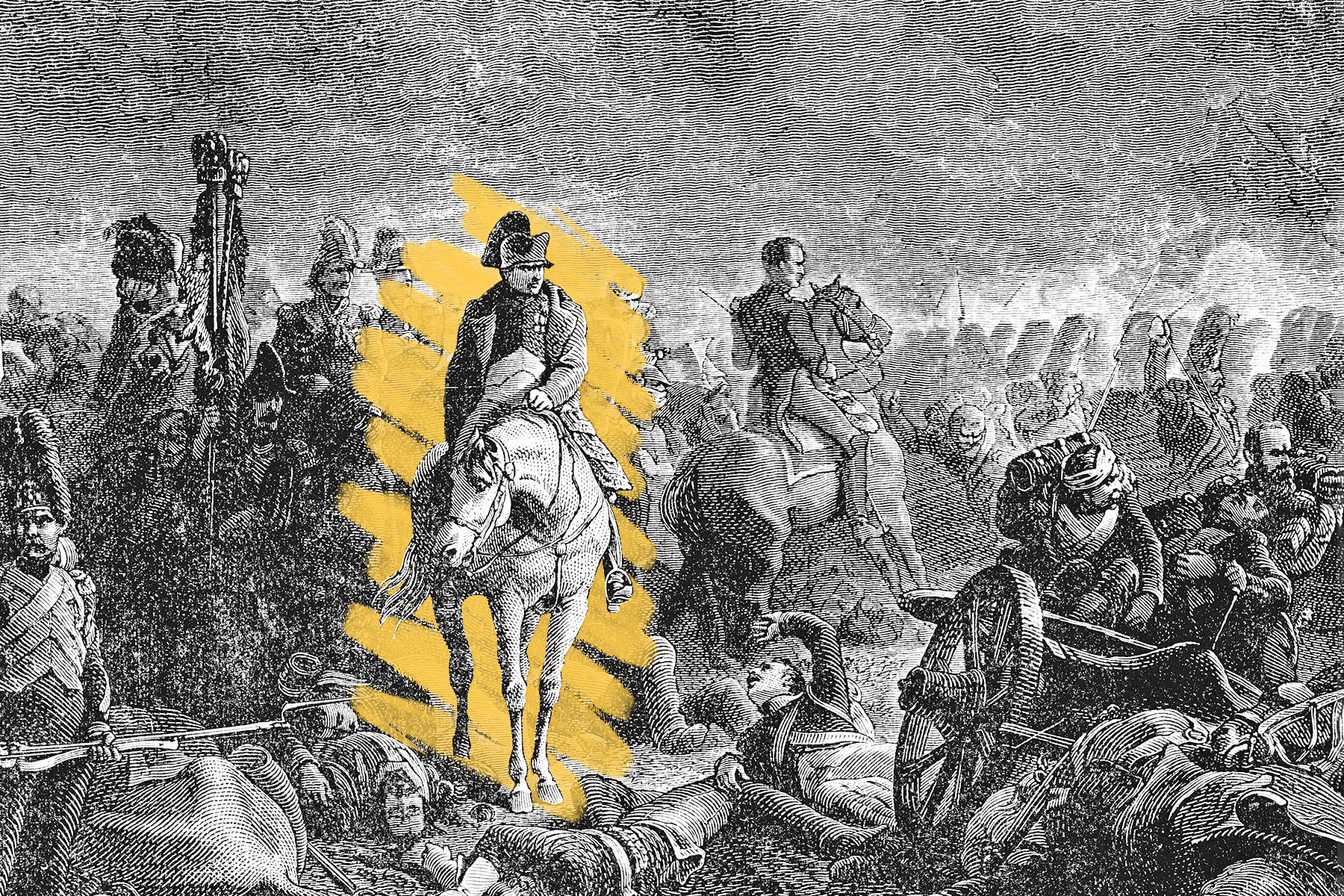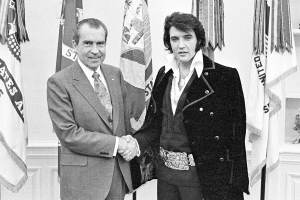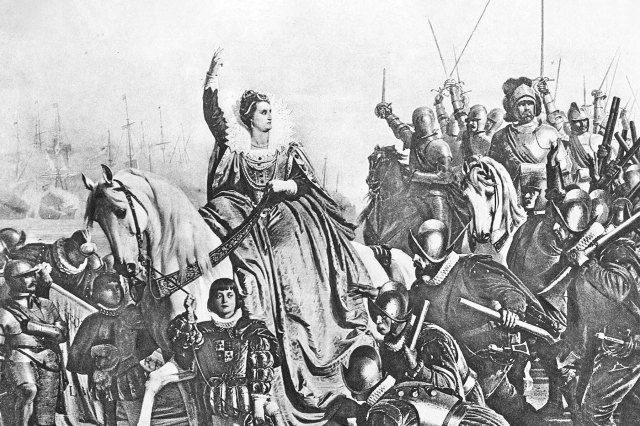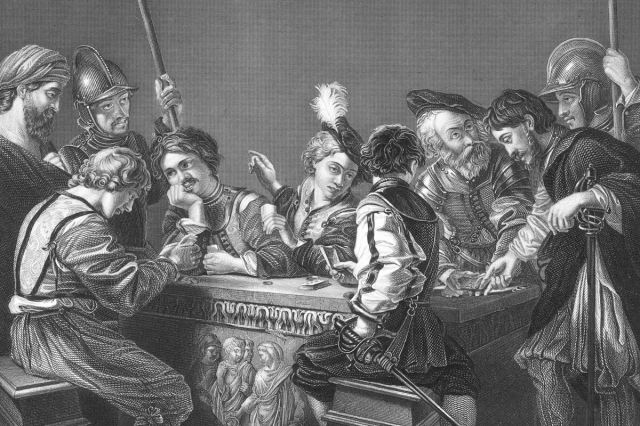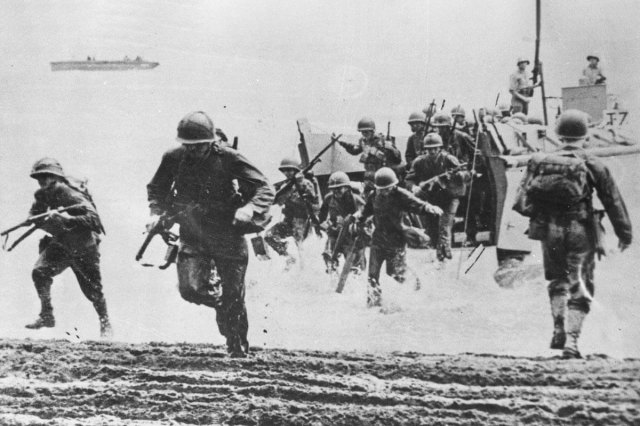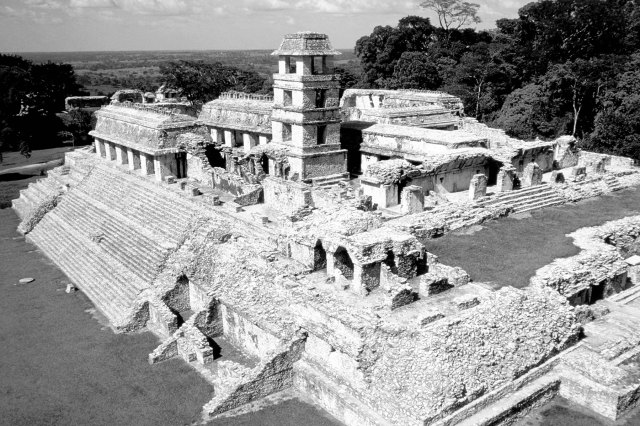The Battle of Waterloo didn’t take place in Waterloo.
One of the most famous military engagements in history, the 1815 Battle of Waterloo brought a decisive end to Napoleon Bonaparte’s quest for power. It also sparked a common phrase, “to meet your Waterloo,” which signifies the moment an unfortunate soul realizes their dream is over. Yet the locale for which the skirmish is named, now a town in central Belgium, saw no sign of the bloodshed that broke out that fateful June day. The fighting primarily took place some 3 miles south, between the villages of Braine-l’Alleud and Plancenoit, where the combined forces led by Britain’s Duke of Wellington and Prussia’s Gebhard von Blücher drove the remains of Napoleon’s army from the area.
Although the significance of the battle became apparent when Napoleon abdicated a few days later, it took some time for a consensus name to emerge in the aftermath. The defeated French called it the “Battle of Mont Saint-Jean,” after the Braine-l’Alleud hill that had seen the day’s fiercest clashes. The Prussians favored “Battle of La Belle Alliance,” for the nearby farmhouse where Blücher and Wellington allegedly met to celebrate their triumph. But the ultimate namesake turned out to be the picturesque town that had hosted the duke the night before the fighting, and from where he sent the report of his crowning achievement the following day. It’s true that history is written by the victors, and in this case, the name “Waterloo” may have contributed to the battle’s enduring legacy. After all, “meeting your Braine-l’Alleud” doesn’t quite have the same ring to it.





